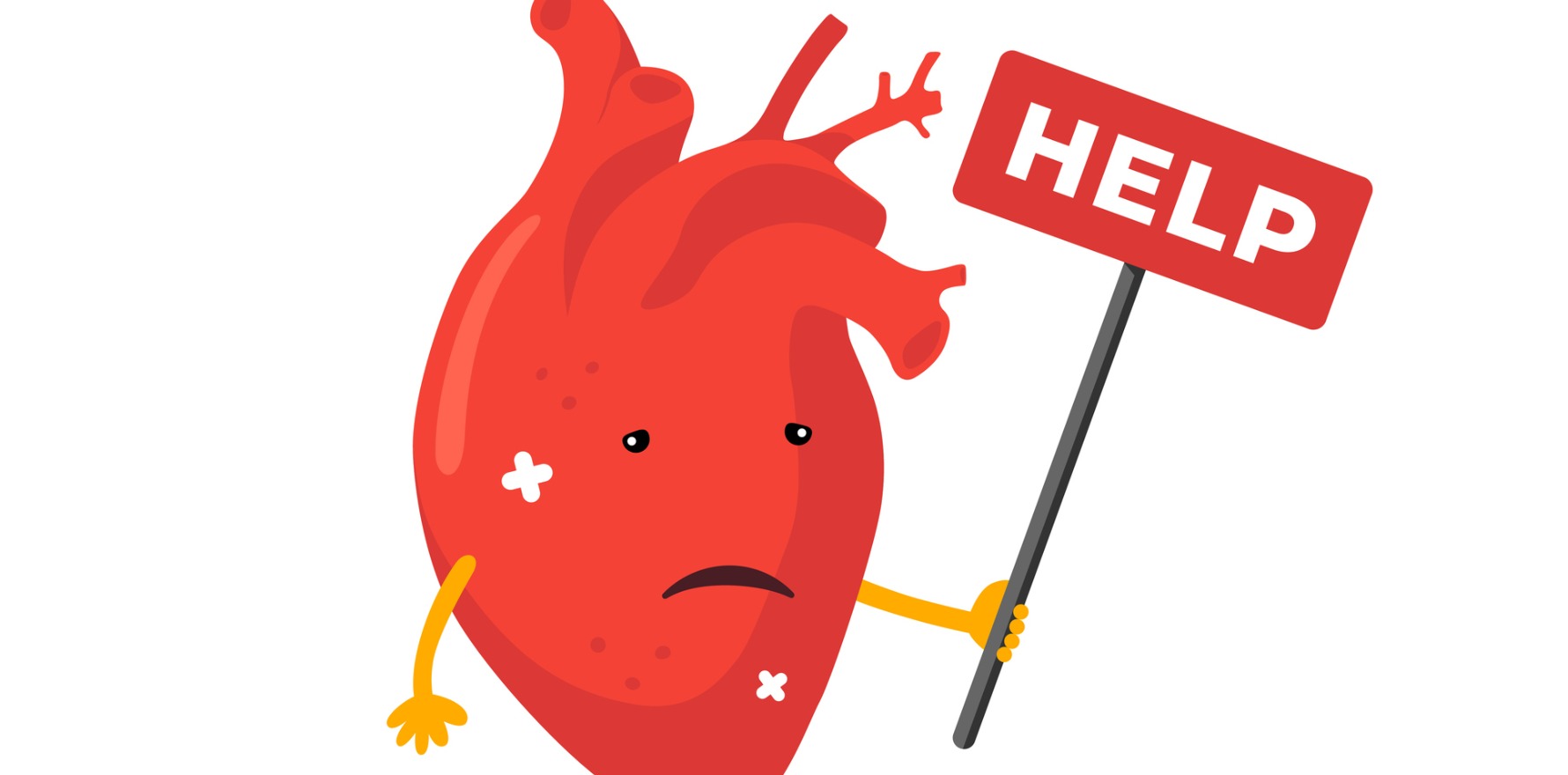There were as many deaths and more GI problems in those who took the diabetes drug compared with placebo.
The antidiabetic medication tirzepatide reduces the risk of heart-failure events in patients with heart failure with preserved ejection fraction and obesity, research suggests.
The double-blind, randomised, placebo-controlled trial, supported by tirzepatide maker Eli Lilly and published in the NEJM, included 264 patients who took a weekly dose of tirzepatide and 367 participants who took placebo.
All participants had heart failure with an ejection fraction of at least 50% and a BMI of at least 30.
Taking cardiovascular disease death or a worsening heart-failure event as a composite endpoint, after two years, 36 patients (9.9%) in the tirzepatide group experienced such an event compared with 56 patients (15.3%) in the placebo group.
Worsening heart-failure events occurred in 29 patients (8.0%) in the tirzepatide group and in 52 patients (14.2%) in the placebo group.
Cardiovascular death occurred in eight patients (2.2%) in the tirzepatide group and 5 patients (1.4%) in the placebo group, a non-significant difference.
Tirzepatide is approved in Australia for adults with a BMI of 30 or more, or a BMI of 27 or more and a weight-related comorbidity such as hypertension, dyslipidaemia, obstructive sleep apnoea or diabetes.
“We observed a lower risk of a composite primary end-point event with tirzepatide than with placebo over a median of 2 years, in particular with respect to fewer worsening heart-failure events resulting in hospitalisation or use of intravenous drugs in an urgent care setting,” the researchers said in the NEJM.
Participants in the tirzepatide group also had improvements in health status and exercise tolerance, and a decrease in body weight and high-sensitivity CRP levels.
Related
“The effects of tirzepatide are probably related to its ability to reduce fat mass, thus diminishing the resulting expansion of plasma volume and inflammatory response that appear to underlie the pathogenesis of heart failure with preserved ejection fraction,” the researchers said.
The researchers said previous research had shown that patients who took tirzepatide had a decline in high-sensitivity CRP levels.
“Independent of weight loss, agonism of GLP-1 receptors may reverse the proinflammatory biologic features of adipocytes, thus muting their ability to cause microvascular rarefaction and fibrosis in the myocardium.
“GIP receptors are abundant in epicardial adipocytes, and it is possible that the addition of GIP receptor agonism to GLP-1 receptor agonism not only results in additional weight loss but also suppresses inflammation in adjacent heart tissue.
“The effects of tirzepatide on lowering systolic blood pressure and increasing heart rate may contribute to its beneficial effects in patients with heart failure with preserved ejection fraction.”
The researchers said gastrointestinal symptoms affected 6.3% of participants in the tirzepatide group and in 1.4% of those in the placebo group.
But symptoms “dissipated over time and led to treatment discontinuation in only 4% of patients”, they said.
There was a similar rate of serious adverse events in the two groups, they said.





